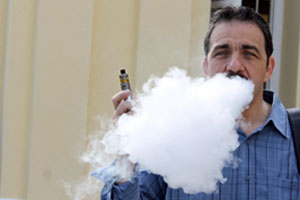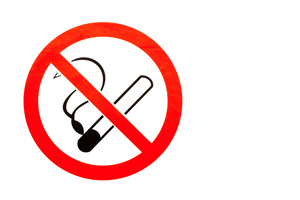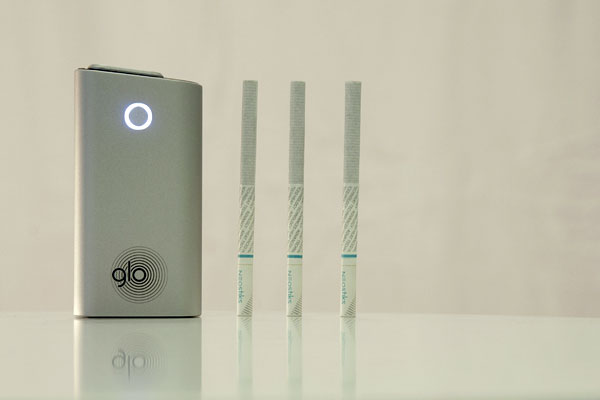Due to the rapid take-up of alternative tobacco devices in Japan and South Korea, Philip Morris International is looking to begin talks with governments within five years on phasing out traditional cigarettes, according to a story by Jackie Horne for asia.nikkei.com.
Horne said the time frame was based on projections of when the number of people using ‘new smoke-free devices’ would overtake the number of people smoking traditional cigarettes in those two countries.
“If you extrapolate the figures, then logically we could reach the tipping point in five years,” CEO Andre Calantzopoulos reportedly told the Nikkei Asian Review in a recent interview in Seoul.
“That is when we could start talking to governments about phasing out combustible cigarettes entirely.”
‘Calantzopoulos, who became chief executive in 2013, has staked his company’s future on next-generation devices it claims can reduce toxicity by as much as 90 percent,’ said Horne. ‘These include the IQOS device, which heats, rather than burns, tobacco packed into what resemble mini cigarettes.’
Calantzopoulos was quoted as saying that Asia was extremely important to the company as it implemented its strategy of phasing out conventional cigarettes.
The region was home to 60 percent of the world’s more than one billion smokers and Japan was the first and still the most successful market for IQOS.
Consumer take-up in South Korea, where sales began on a limited basis in late May, had also been encouraging.
Horne’s piece is at: http://asia.nikkei.com/Business/Companies/Japan-South-Korea-face-tipping-point-Philip-Morris-CEO?page=1.







